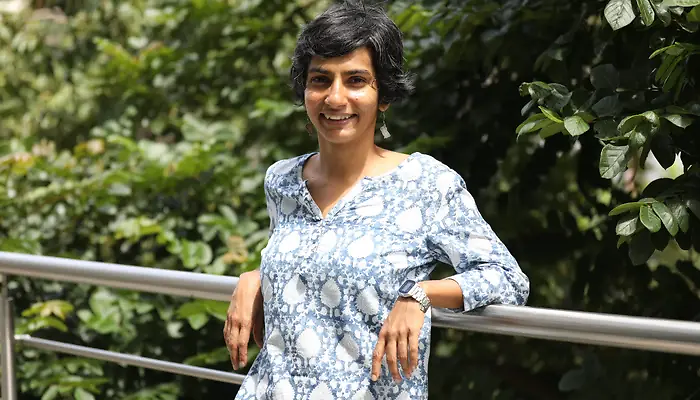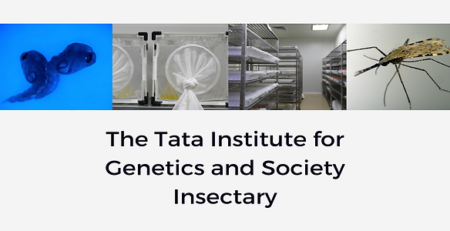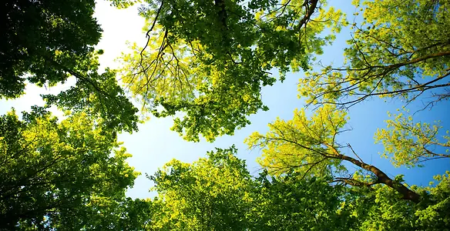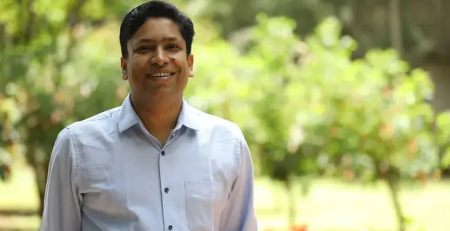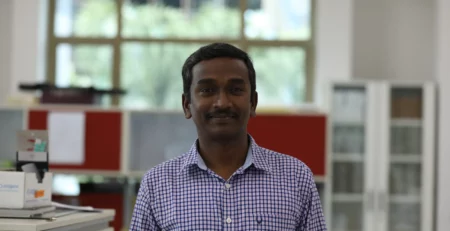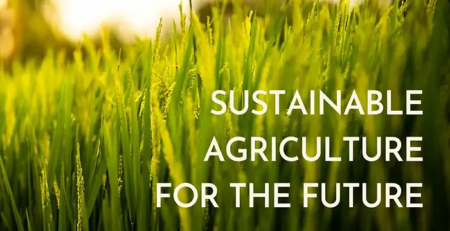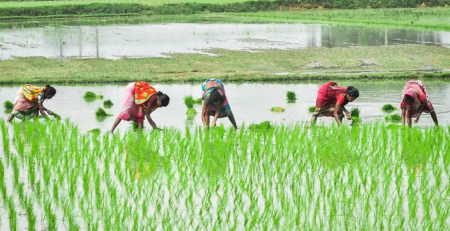My group at TIGS studies the nervous systems of flies and mosquitoes. The nervous system of insects is complex. It consists of hundreds of thousands of neurons that make intricate and specific connections with each other. We want to understand how this complexity is accurately achieved during development, and ultimately, how it gives rise to behaviour.
Research can be very unpredictable. It could even take years before a discovery is made. What do you think drives scientists to keep going as they search for the answers they seek?
No day in the life of science is the same as any previous one. Each one of us is trying to crack a question for which there’s no cheat-sheet – just an undiscovered truth that’s out there. This makes what we do both exhilarating and exasperating in equal measure. And unlike popular notions, science is an inherently social affair – we’re constantly talking to each other, bouncing ideas off of each other and sharing a large part of our most formative years in close quarters with our lab-mates. This lies at the heart of all our discoveries, of how we overcome challenges, and it certainly lies at the heart of innumerable lab bloopers and pranks!
Could you talk about a challenge you’ve been trying to overcome as a researcher?
The challenge in science is one of scale. There’s always far too much that I’d like to do than I can actually do! The nature of this challenge changes as you shift gears in your career, but you’re always trying to get more done!
What inspired you to pursue a career in STEM research?
Actually, it was school holidays! I loved being outside, looking at bugs and frogs and birds and slugs! I loved our holidays by the ocean or in the forests, swimming, snorkelling or just prodding in tidal pools or turning up rocks on the forest floor to find what lived there. The stunning beauty of the natural world, with all its wonderful creatures and their curious behaviours is what inspired me then and continues to inspire our work now.
Do you think a similar approach in education could inspire children to be more curious about science?
Every child must grow up with the opportunity and guidance to appreciate nature – macroscopic or microscopic – in their local environments. The natural world is a limitless source of inspiration for all sciences and having access to it in the context of our immediate society will inspire truly innovative fundamental and translational ideas that are rooted in our environment and address our needs.
What would you like to say to children who aspire to work in STEM fields?
You must! It’s a very exciting time to be in the sciences. Whether you have a naturalist bent of mind, like building things, or like juggling numbers – today in science, we’re all talking to each other to crack questions, the biggest questions. And today, with our rapidly changing world, we need you the most!

